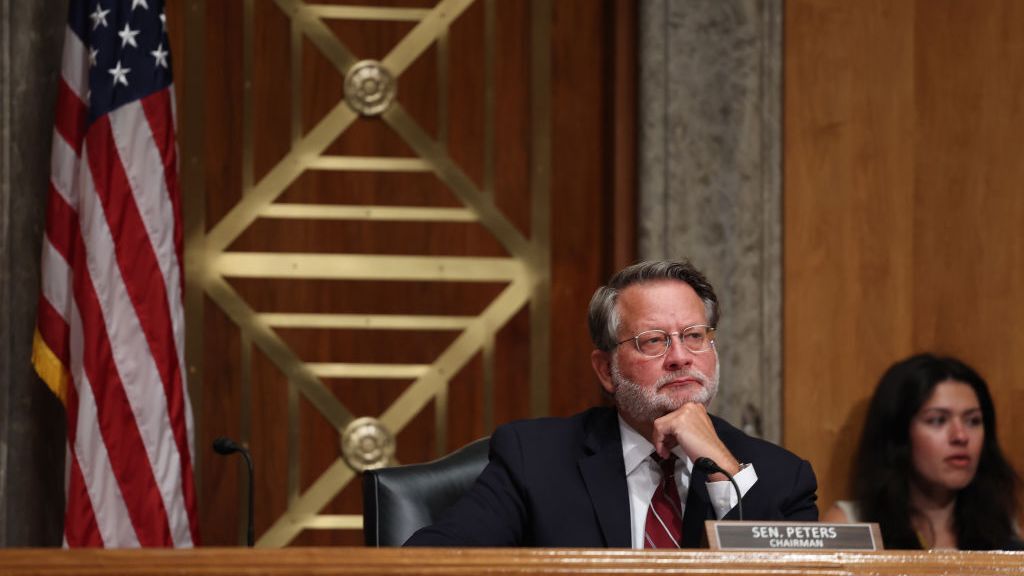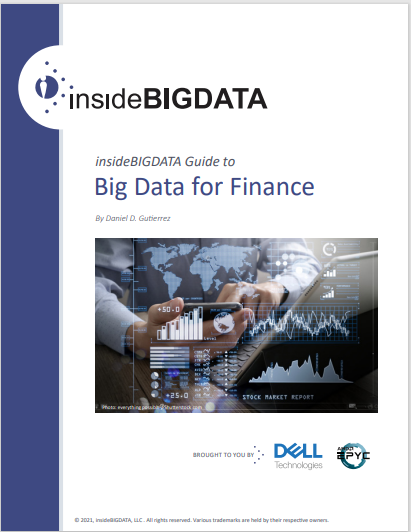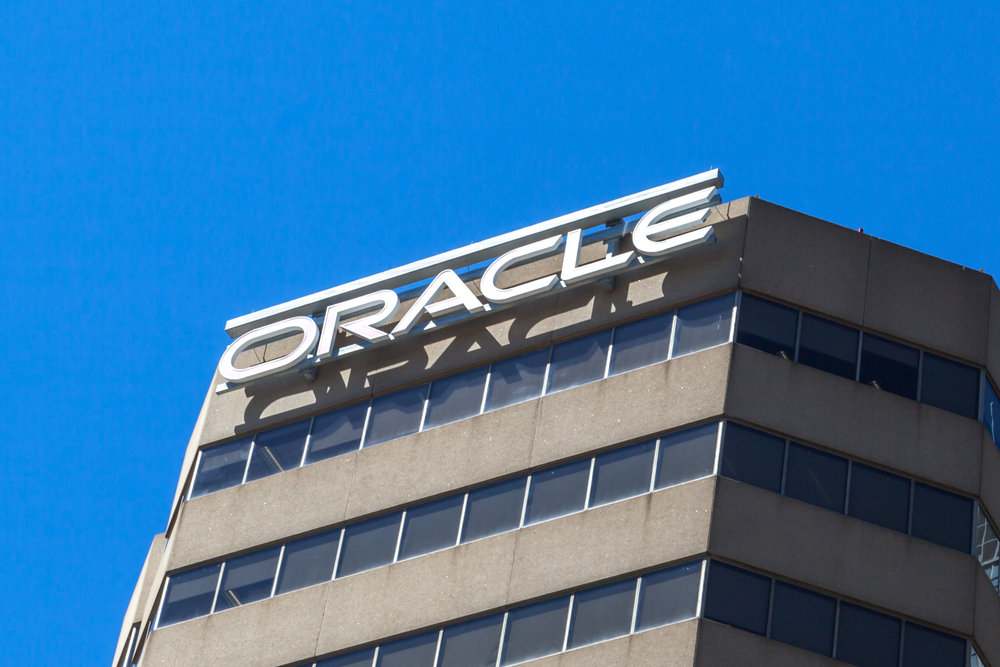Draft bill could force AWS, Microsoft, Oracle to change public sector contracts
A US senator is reportedly hoping to change the way the 24 federal agencies buy software


A US senator is reportedly drafting a bill which could change the way that the federal government buys software, potentially impacting the way big tech companies sell their services to the public sector in the country.
According to Bloomberg, Gary Peters, a Michigan Democrat, is drafting the bill, which would force agencies to buy unlimited software licences instead of ones for a specific number of employees. These enterprise licences, which provide software for an unlimited number of users, can help save money by avoiding paying additional costs when software is overused.
The bill would ensure that government buyers would have to review all of their software, including rules on how it can be used on computers, servers, or cloud providers. Peters, who is the chair of the Senate Homeland Security and Governmental Affairs Committee, is still reportedly finalising the bill.
The US Government Accountability Office (GAO) found in 2014 that most agencies didn’t have adequate policies for managing software licences. GAO found that federal agencies weren’t adequately managing their software licences as they didn’t generally follow leading practices in that area.
Two years later, Congress passed a law, the Megabyte Act of 2016, requiring agencies to manage their software licences better and track their purchases. The new bill aims to build on this by also making plans to adopt government-wide licences for popular software as a way to further reduce costs and use its purchasing power to promote interoperability. It also demands agencies to underline any limitations in software licences and think of ways to minimise any restrictions.
RELATED RESOURCE

The US federal government budgeted around US$92.2 billion for information technology spending in fiscal 2021, according to GAO. Its 24 government agencies negotiate contracts independently of each other.
Licencing rules have been a contentious issue between cloud companies in the past. In 2019, executives from AWS and Google Cloud hit out at Microsoft for changing how it charges customers for using its software on other public clouds. Some accused the tech giant of trying to lock customers into a single vendor with a complicated pricing structure.
Get the ITPro daily newsletter
Sign up today and you will receive a free copy of our Future Focus 2025 report - the leading guidance on AI, cybersecurity and other IT challenges as per 700+ senior executives
This was followed by a leading competition law expert highlighting unfair and anti-competitive licencing practices enforced by major tech firms on customers globally in October 2021. Microsoft and Oracle were the primary targets of the report, which accused Microsoft of enforcing unfair licencing costs and charging customers more to use its products on third-party cloud platforms. The report also accused Oracle of enforcing licencing restrictions which led to a 10x increase in price when using Oracle software in a third-party cloud platform compared to running it on the cloud giant’s Infrastructure.
Zach Marzouk is a former ITPro, CloudPro, and ChannelPro staff writer, covering topics like security, privacy, worker rights, and startups, primarily in the Asia Pacific and the US regions. Zach joined ITPro in 2017 where he was introduced to the world of B2B technology as a junior staff writer, before he returned to Argentina in 2018, working in communications and as a copywriter. In 2021, he made his way back to ITPro as a staff writer during the pandemic, before joining the world of freelance in 2022.
-
 Asus ZenScreen Fold OLED MQ17QH review
Asus ZenScreen Fold OLED MQ17QH reviewReviews A stunning foldable 17.3in OLED display – but it's too expensive to be anything more than a thrilling tech demo
By Sasha Muller
-
 How the UK MoJ achieved secure networks for prisons and offices with Palo Alto Networks
How the UK MoJ achieved secure networks for prisons and offices with Palo Alto NetworksCase study Adopting zero trust is a necessity when your own users are trying to launch cyber attacks
By Rory Bathgate
-
 How to reduce your company's software costs
How to reduce your company's software costsIn-depth Budgets are shrinking, so how can you reduce your company's software costs without sacrificing functionality?
By Rene Millman
-
 Supreme Court denies Oracle appeal over JEDI contract
Supreme Court denies Oracle appeal over JEDI contractNews Denial of petition marks the end of the DoD's JEDI debacle
By Danny Bradbury
-
 Vivek Kundra joins Salesforce.com
Vivek Kundra joins Salesforce.comNews The US Government’s ex-CIO and leader of the ‘Cloud First’ initiative joins Salesforce as EVP of emerging markets.
By Ross Kelly